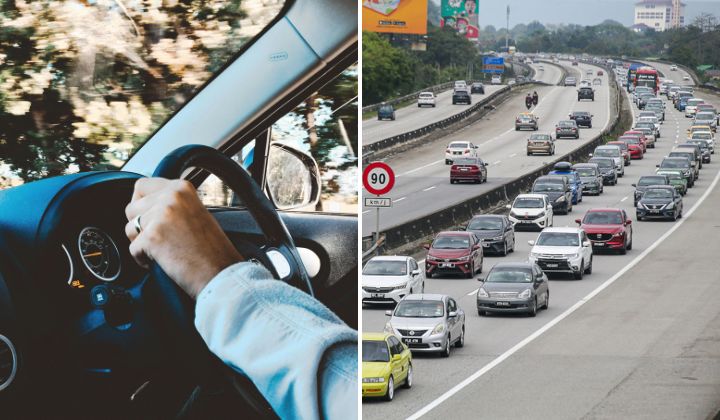Ramadan Food Hawkers Face Trouble Trying To Move Their Business Online
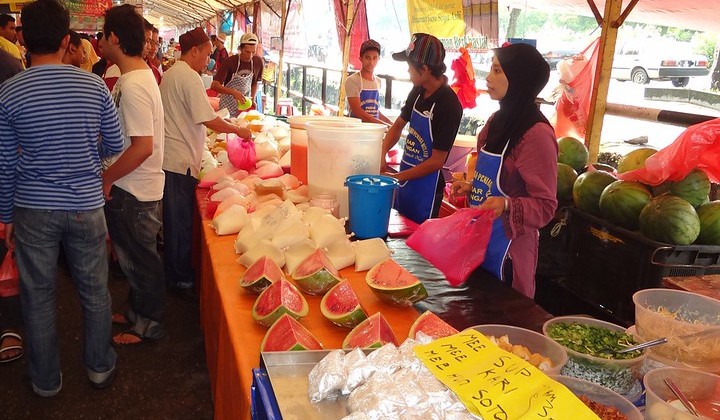
Subscribe to our new Telegram channel for the latest updates on Covid-19 and other issues.
This year’s Ramadan celebration will be bleak in the face of the movement control order (MCO), which has already seen the cancellation of Ramadan bazaars and the barring of inter-state travel.
Many bazaar traders are struggling this year too, as they try to move their business online to be conducted through e-platforms or Whatsapp.
According to an interview with Malay Mail, a food trader Wan who used to set up at the popular Ramadan bazaar in Taman Tun Dr Ismail claims that her sales have plummeted.
Many people walk into bazaars and buy things that appeal to them on-the-spot, which meant that more foot traffic means a higher chance of sales to ensure profit.
In a single day, I used to sell tens and tens of trays during the bazaar. I don’t have to do much advertising as the tepung pelita sell themselves. Now, I’ll be lucky to even sell five trays a day.
Wan to Malay Mail
Now, small traders and hawkers like Wan have to resort to selling directly to customers during Ramadan to make up for this loss of income. They have to navigate the saturated online market and spend additional time handling food orders and deliveries.
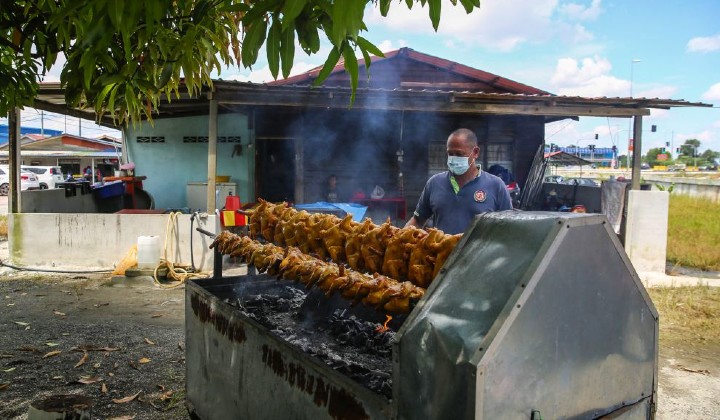
(Credit: Malay Mail/Yusof Mat Isa)
Online bazaars have popped up on social media platforms such as Facebook, focusing on hyper-local areas. Food vendors share their menus within these groups and potential customers can order from them directly.
Even with government-endorsed e-bazaar platforms, many sellers prefer to deal directly with customers.
The main reason for this is profit, as many delivery services such as Grab, Bungkusit, or Mr Speedy charge for the service. With the little profit that they are earning already, these food traders simply can’t afford using these food delivery services.
In addition to that, there is plenty of red tape surrounding the official e-bazaars, like requiring the application to include a brick-and-mortar store as the operation base. For a small-time food vendor like Wan, who operates from her house in Kota Damansara, she would not even be able to apply.
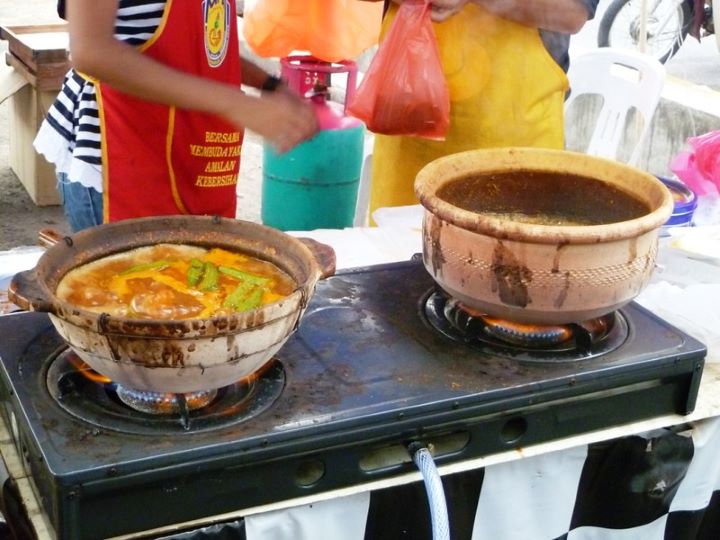
(Credit: Flickr/Roseli A. Bakar)
Using such platforms would also cut into my profits as we need to balance the profit margin on top of the delivery charges to make it affordable to the customers. But I don’t deny that access into the platforms could give me more orders and perhaps I could get by with selling in volume.
Wan to Malay Mail
However, keeping her business online also requires additional effort, not just in marketing, but also in terms of customer service. She has to reply potential customers’ frequently asked questions, such as a menu, prices, or delivery charges. She has to stay connected to her phone or miss out on potential sales, which often takes up a lot of time.
But the biggest hurdle is probably arranging the logistics of food delivery to the customer before the breaking of their fast, which is around 7.20pm in the Klang Valley.
The food must arrive before then, but not too early, and certainly not after.
I also have to arrange for logistics, talk to customers at so many different platforms, then make a list, then arrange delivery which is a nightmare on its own. Some delivery service wouldn’t go to certain areas and even if they do deliver, the charges may not be worth it.
Wan to Malay Mail
When food traders could once simply show up at a designated spot, make sales, and pack up when they’re done, they must now do so much more additional work that they may not be trained for.
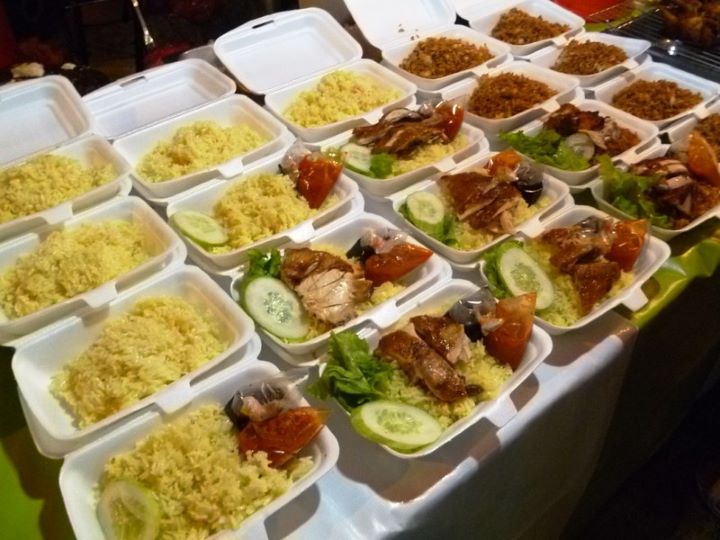
(Credit: Flickr/Roseli A. Bakar)
They need to handle online advertising, customer service, taken down orders, sorting out logistics depending on location, and tracking the timing of delivery services.
Yet for these small-time food traders like Wan, they simply don’t have a choice.
Share your thoughts with us on TRP’s Facebook, Twitter, and Instagram.
Anne is an advocate of sustainable living and the circular economy, and has managed to mum-nag the team into using reusable containers to tapau food. She is also a proud parent of 4 cats and 1 rabbit.




